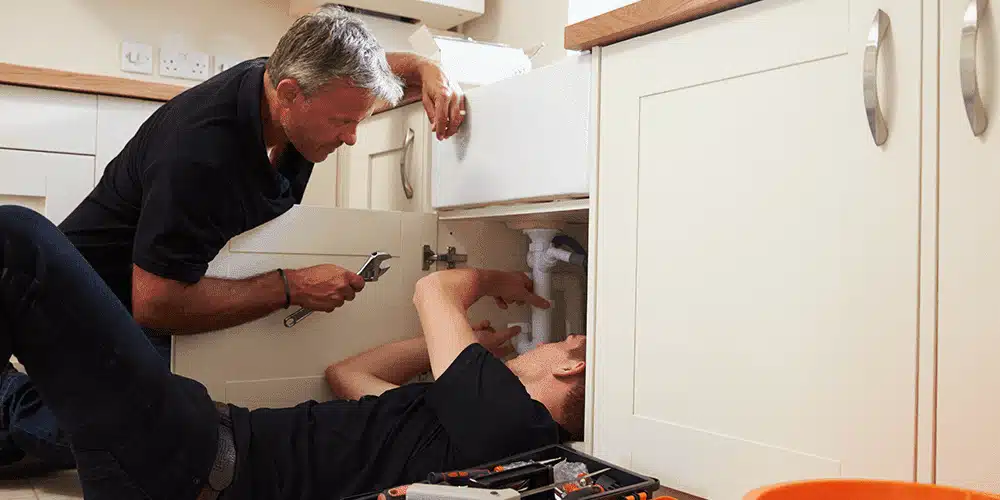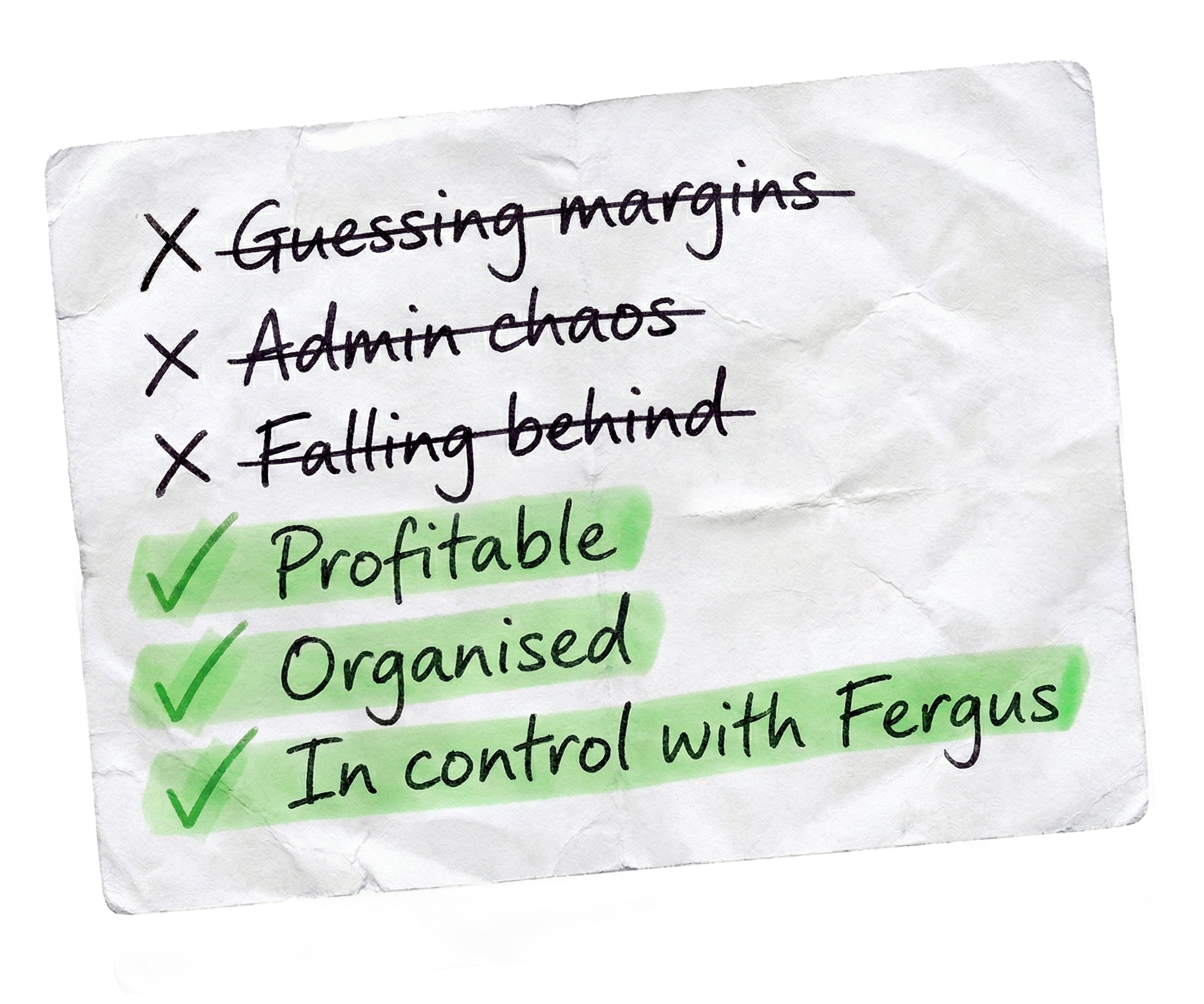
Budgeting – it’s not just an excel document full of numbers and forecasts; it’s the roadmap to your trades business’s success.
Whether you’re an electrician, plumber, or any trades professional, understanding the ins and outs of budgeting can transform the way you manage your business.
It may not seem glamorous to most, but get your budgeting right, and you increase your odds of running a successful trades business.
So let’s go over the basics of budgeting and discuss some of things you should be thinking about in order to grow your business.
Starting with your expenses.
Before you can master budgeting, you need to have a clear picture of your costs.
This includes both fixed costs (like rent, insurance, and salaries) and variable costs (such as materials and subcontractor fees).
By identifying these, you can begin to see where your money is going and where you might be able to cut back.
Forecasting might sound complex, but it’s essentially educated guesswork.
Look at past jobs, consider the current market, and don’t forget to factor in seasonal fluctuations.
This will give you a realistic idea of what you can expect to earn and when.
What do you want to achieve in the next year?
More clients? A new van? Maybe hiring an apprentice?
Set SMART goals – Specific, Measurable, Achievable, Relevant, and Time-bound.
These will guide your budgeting decisions and keep you on track to achieving your goals, one step at a time.
When it comes to your trades business, cash flow is king.
It’s not just about what you’re earning, but when you’re earning it.
Timely invoicing, chasing up late payments, and having a financial cushion for slow periods are all crucial for maintaining a healthy cash flow.
Investing back into your business is key for growth.
Whether it’s new tools, technology, or training, make sure these investments are planned and budgeted for.
They should have a clear ROI (return on investment) that will benefit your business in the long run.
This is where Fergus comes in.
Our job management software is designed to help trades businesses like yours manage the admin and financial side with ease.
From scheduling jobs to sending invoices, Fergus streamlines your processes, so you can focus on what you do best – your trade.
A budget isn’t set in stone.
Regularly review your budget against actual performance and adjust as necessary.
This will help you stay responsive to changes in the market and your business.
Like we said, budgeting might not be the most glamorous part of running a trades business, but it’s certainly one of the most important.
By taking control of your finances, you can reduce stress, save time, and set your business up for success.
And with Fergus by your side, you’ll have more time to focus on growing your business and less on the nitty-gritty of admin work.
Remember, budgeting is an art, and like any art, it takes practice.
Get it right, and your trades business will thrive!
Stop drowning in admin & paperwork. Start focusing on the jobs that make you money.



Our 20,000+ trades businesses have slashed their admin, are getting paid faster, and are finally enjoying their weekends again.






